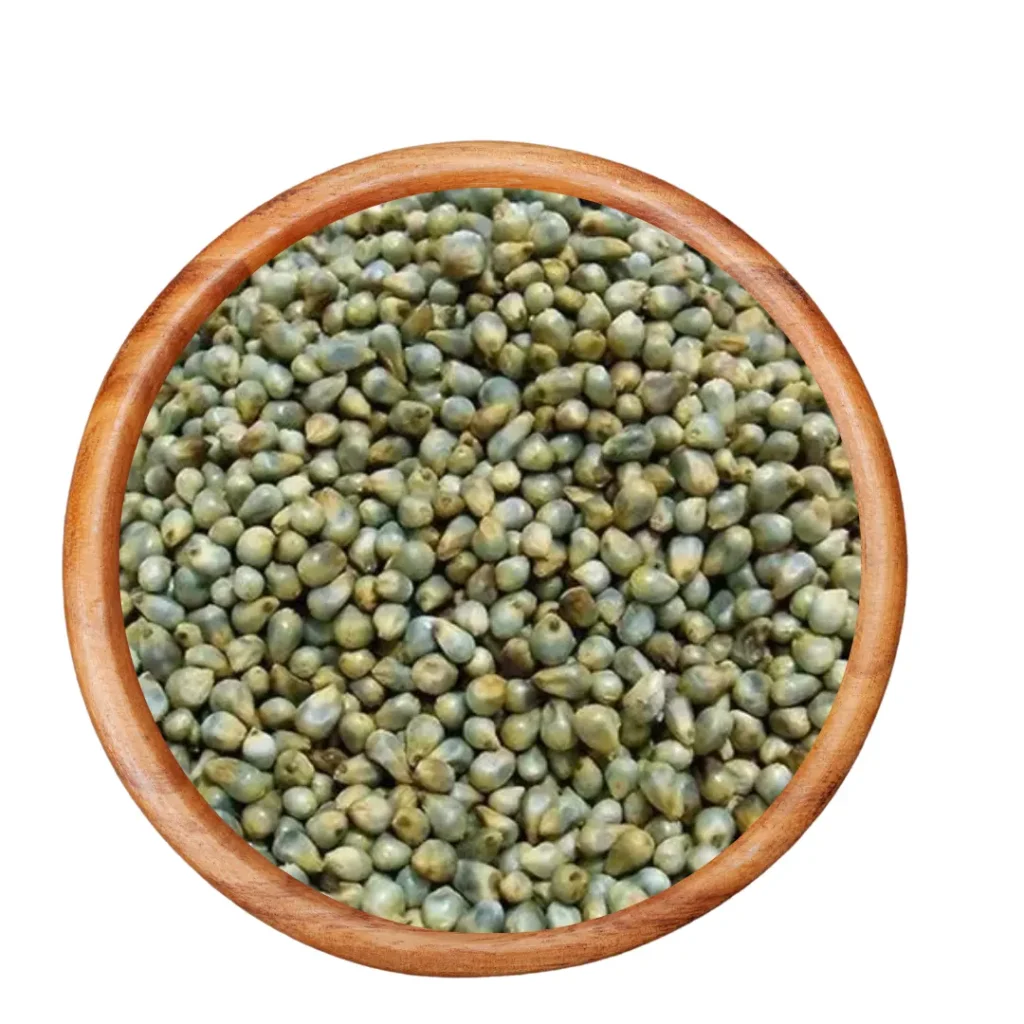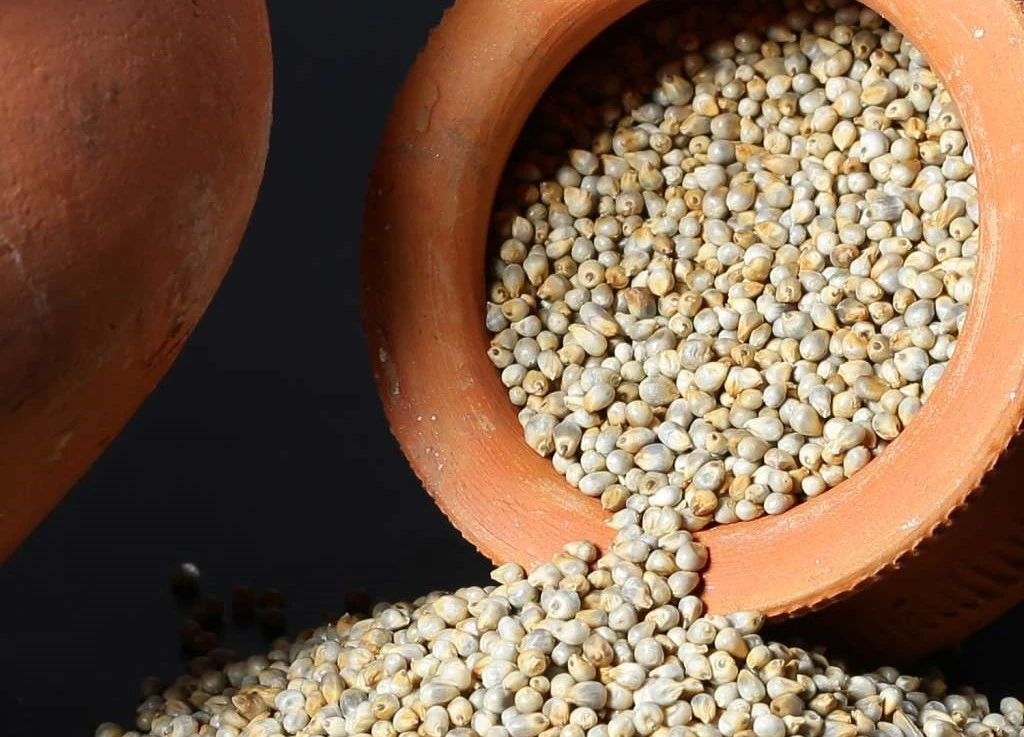Millet (Bajra)
Seasons International Pvt. Ltd. is one of the Best quality Millet (Bajra) supplier and exporter from India in bulk quantity throughout the world.
Bajra refers to the edible seeds of pearl millet plants. They grow in various shades of white, yellow, gray, brown, and bluish-purple. The seeds are typically cooked as a cereal grain or sometimes finely ground and used as a flour.
Specifications:
-
Botanical Name
Pennisetum glaucum
-
Common Names
Pearl Millet, Bulrush Millet, Bajra, Bajri, Sindhi
-
Purity
98%, 99%
-
Moisture
Max. 11%
-
Cleaning
Machine Clean / Sortex Clean
-
Non GMO
-
Origin
India


